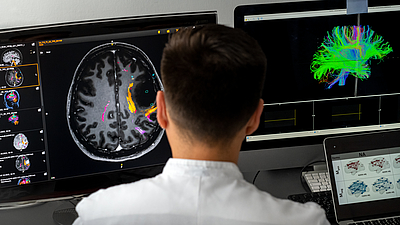
News Medical Image Processing & AI

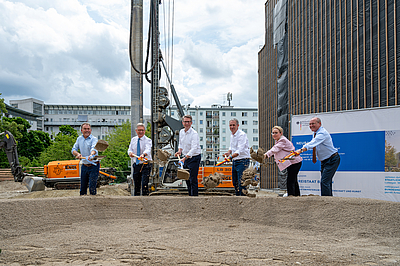
New infrastructure for pioneering research at the TUM University Hospital
Construction begins on new Center for Digital Medicine and Health
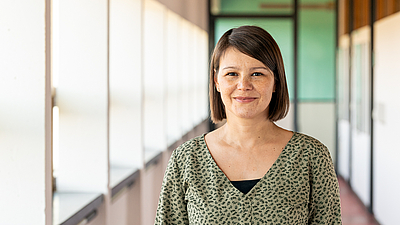
Neural Networks benefit from biological data
How artificial intelligence can learn from mice
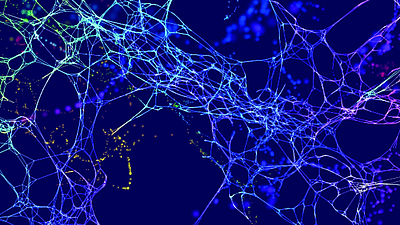
Artificial intelligence in biomedicine
A key to analyzing millions of individual cells
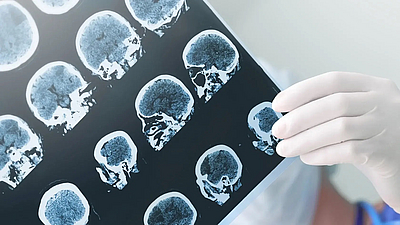
Algorithm for particularly precise assessment of brain damage
AI pinpoints stroke timing with high accuracy
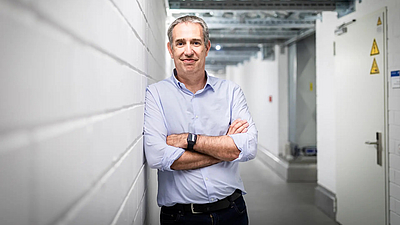
Most important German research prize for TUM professor
Medical AI researcher Daniel Rückert receives Leibniz Prize
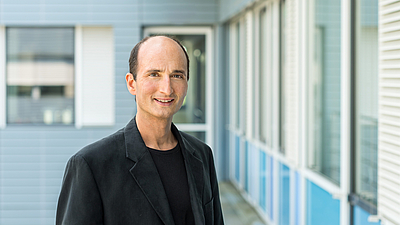
Interview with Prof. Daniel Cremers on the future of AI
“The goal of AI is to make our lives easier”

Optoacoustic imaging method RSOM shows severity of the disease
Examining diabetes with a skin scanner and AI
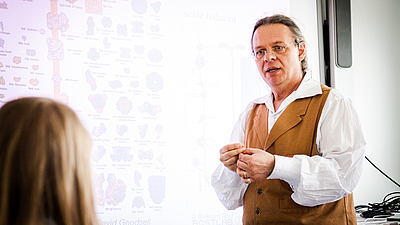
Hope for treatments for type 2 diabetes and hypertension
Evolutionary history of three-finger snake toxins decoded
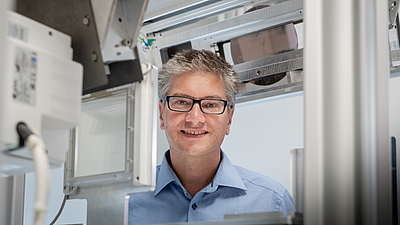
Shortlist for Research Prize 2023 for medical pioneers
Prof. Franz Pfeiffer nominated for the A. F. Harvey Engineering Research Prize 2023